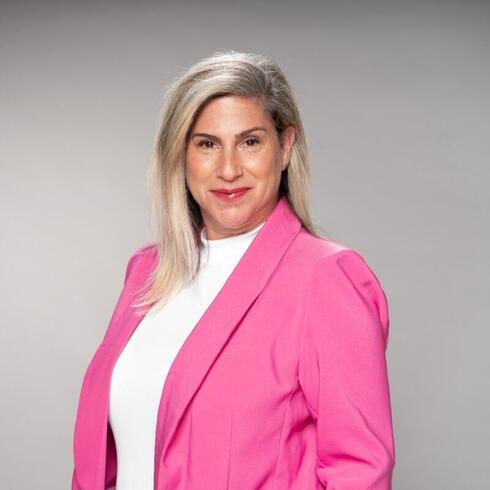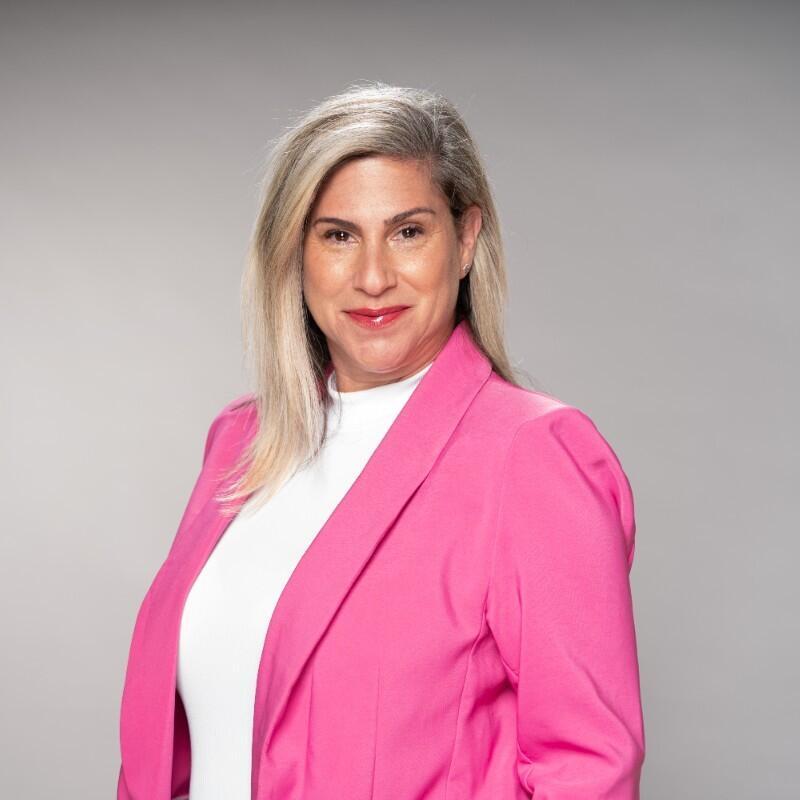
HR in War
“We feel sadness, a sense of loss, and even existential worry.”
CodeValue has had the unfortunate experience of dealing with plenty of trauma in the past - so knew the initial steps to help its employees in the aftermath of 7/10.
“Among the workers, as well as in the general public, there are very difficult feelings during this time,” said Carmit Gilon Halev, Head of HR & People Excellence at CodeValue. “Sadness, a sense of loss, and even existential worry. This is a significant challenge to the most basic security needs. We all experience a lot of pressure.”
CodeValue, founded in 2010, is a dynamic services company delivering supreme architectural and technical expertise and in-depth consultancy. It integrates product and design research in its development process, provide managed software and cloud solution, and offer customized training programs to bridge knowledge gaps.
“We work together to find the balance between maintaining the business routine and empathy for personal needs during this sensitive period and do everything we can for the well-being of the employees and their families,” she added.
HR in War is a new series exploring how companies in Israel are adapting in unusual times. At CTech we believe the world should know about the atrocities committed on 7/10 while at the same time highlighting the continued resolve and resistance of the Israeli tech ecosystem.
Company name: CodeValue
Your name and title: Carmit Gilon Halev, Head of HR & People Excellence
Names of founders and upper management: CEO &CO-OWNER Tali Shem Tov
Field of activity: AI, Fintech, Cyber, Mobility, Software Development, and more.
Number of employees: 229
Office location: Herzelia
On a scale of 1-10, how much did the war disrupt operations at the company?
Four. Sadly, since we are already experienced in the complexity of the geopolitical situation in the Middle East, and add to that the coronavirus pandemic that hit us, we arrive a little equipped in a certain sense. This is the time to express our ability to quickly adapt to changes as management, HR, and as an organization.
We have an obligation to show that we are stable and strong and can continue to conduct ourselves with full operational efficiency.
As soon as the severity of the situation and its magnitude began to be revealed, we instructed the employees to work from home and continued to map and establish contact with all employees so that we would first have an initial status and know what the condition of each employee is and what the impact is, and which cases require our immediate assistance.
We had a conversation with all the members of the management to update and discuss the necessary change in relation to the employees, and we constructed an action plan.
We sent out updates and direct communication from the CEO to all employees. I instructed the managers to pay attention to any changes in behaviors because it helps us understand if someone is in distress.
We provide software development solutions and consulting services to many clients, including security companies and therefore we must create a channel of business continuity while being highly sensitive to the situation of the employees.
What consequences have you experienced from these disruptions?
Among the workers, as well as in the general public, there are very difficult feelings during this time. Sadness, a sense of loss, and even existential worry. This is a significant challenge to the most basic security needs. We all experience a lot of pressure.
We work together to find the balance between maintaining the business routine and empathy for personal needs during this sensitive period and do everything we can for the well-being of the employees and their families.
What are the two major challenges you are coping with these days?
The great challenge is to maintain a routine and continuity in general and business in particular while being considerate and sensitive towards the employees and their families personally and individually.
Unfortunately, we understand how people deal with traumatic situations. We have accumulated knowledge on the subject over the years and we know how to point out things that can really help. We chose to focus on two of them: taking action (being active) and the experience of togetherness.
One of the sources of strength is mutual help to each other, the ability to be together and know how to support each other.
What support do you provide to employees?
We realized that we had to act quickly.
We allowed employees to choose whether to work from home or come to the offices.
We have created a support network through the HR team and the senior managers and we are in daily contact with each of the employees, with “Tzav 8” recruits and their families.
We held an online lecture with an excellent social worker, psychotherapist, and expert in crisis management. There was a shared discussion and practical tools were given to deal with situations of uncertainty, stress, and anxiety.
We went to visit and personally encourage the families of the recruited workers all over the country. We hold a virtual and active meeting to relieve stress, to allow employees and their loved ones to take a break and take care of their bodies and minds.
We encouraged employees to volunteer, and we also joined together (the employees and the company) in raising donations with which we help with the needs of missing equipment as per our drafted employees requests.














